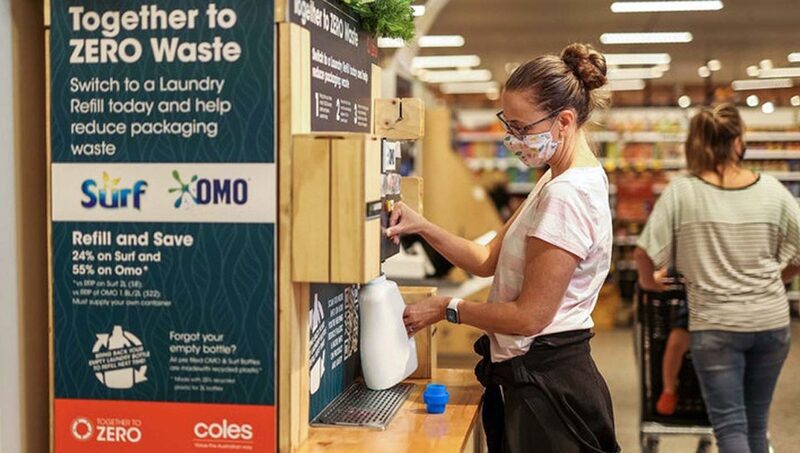
5 Steps to Build an Effective CSR Strategy
In today’s business landscape, Corporate Social Responsibility (CSR) has evolved from being a “nice-to-have” to ...

Unilever alongside more than 70 other businesses are calling for an ambitious and legally binding UN treaty – based on a circular economy approach – to tackle plastic pollution on a global scale, similar to how the Paris Agreement put us on a path to tackle the climate crisis.
“We’re at a critical point in time to establish an ambitious UN treaty on plastics. One that cuts down virgin plastic production, fosters collaboration for systemic solutions, and speeds up the transition to a circular economy globally,” Alan Jope, Unilever CEO, said.
Plastic pollution doesn’t start and finish at national boundaries, so the world needs a cohesive and coordinated international response that deals with the problem at its source. A circular economy for plastic will also help tackle climate change and biodiversity loss, while at the same time bringing positive social and economic impacts.
Unilever believes the treaty should align everyone – governments, businesses and civil society – behind a common understanding of the causes and a shared approach to address them. For companies and investors, this creates a level playing field and prevents a patchwork of disconnected ambitions and solutions, while establishing the right conditions for a circular economy for plastic to work in practice, at scale.
Unilever also believes that it must be legally binding and include mandatory targets to limit virgin plastic production – at national government level to drive accountability. Ensuring that every country participates and complies will unlock the investment required to scale innovations, infrastructure and skills in those places most in need of support.
And there’s good reason to be optimistic that such a treaty can be created and adopted: three-quarters of UN member states – over 150 countries – already back the idea, as do an increasing number of businesses and investor groups. People are also demanding action. WWF’s petition calling for the treaty has so far been signed by over 2 million people. But “we need more organizations and people to show their support – to exert pressure on all governments to get to work on delivering the treaty.”
“At the upcoming UN Environment Assembly, a process to deliver legally-binding goals must be agreed before it’s too late. The scale and complexity of the crisis is well understood. Momentum is there, and we know what needs to be done. Now is the time to take those tough decisions, to tackle plastic pollution once and for all,” Jope said.
اترك تعليقا